Blogs & News
We are focus on automotive wiring harness & connectors technology.
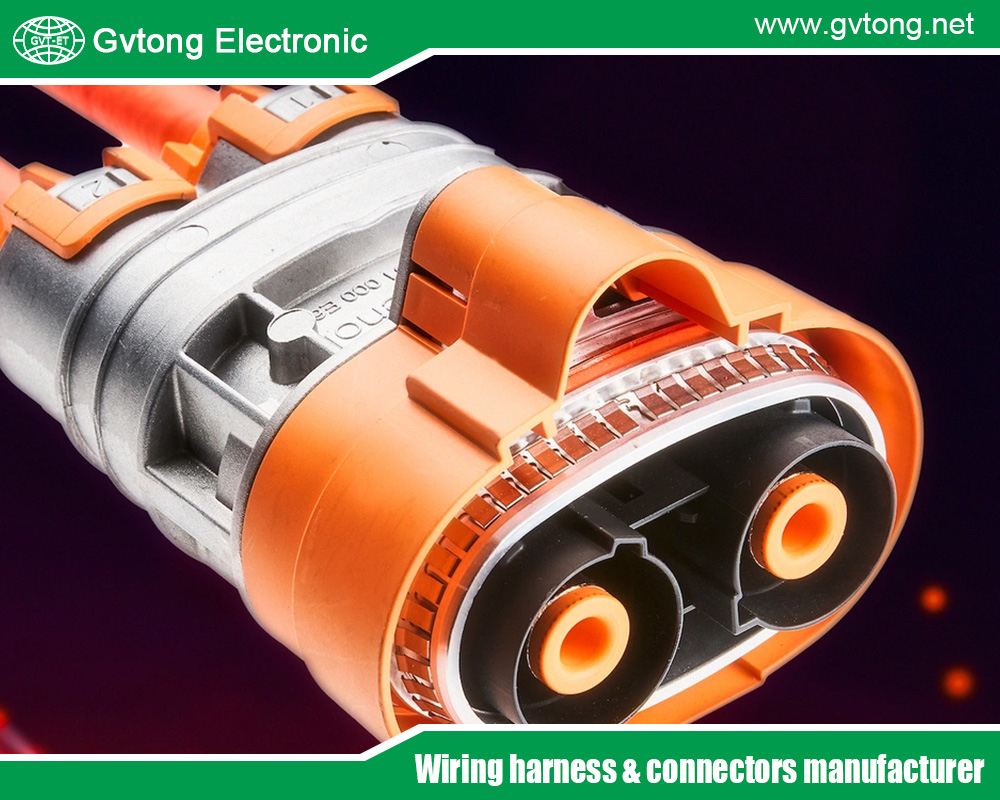
Revealing the Core Advantages of Automotive Hybrid Connectors
- Gvtong Electronic
- 12 volt automotive wire connectors, adas automotive connector, automotive antenna connector, Automotive Camera Connectors, automotive connector companies, automotive connector manufacturers, automotive connector suppliers, automotive data connector, automotive electrical connector, automotive electrical connector manufacturers, automotive electrical connectors manufacturers, automotive electrical distribution systems, automotive High voltage connector, Automotive Hybrid Connectors, Automotive Hybrid Connectors Manufacturer, Automotive Hybrid Connectors Supplier, automotive Low voltage connector, automotive miniaturized coaxial connector, automotive multi pin connectors, automotive Oil-resistant Connectors, automotive power connectors, automotive power distribution, automotive pressure connectors, automotive Signal Connector, automotive waterproof connectors, automotive waterproof wire connectors, battery management system automotive connector, high current connectors automotive, high voltage connectors automotive, hybrid connectors automotive, mini-coax automotive connector, modular connectors automotive, oem automotive connectors, oem automotive electrical wiring connectors
- No Comments
Revealing the Core Advantages of Automotive Hybrid Connectors
In the rapidly evolving automotive industry, where electrification, connectivity, and efficiency are paramount, hybrid connectors have emerged as a game-changing technology. These innovative components integrate multiple functions—power transmission, signal processing, and data communication—into a single, compact unit. Unlike traditional connectors that handle only one type of connection, hybrid connectors streamline vehicle wiring systems, addressing the complexities of modern vehicles like electric vehicles (EVs), hybrids, and autonomous cars.
This 2000-word article aims to reveal the core advantages of automotive hybrid connectors, drawing from industry expertise and real-world applications. We’ll explore their design, benefits in terms of space savings, weight reduction, cost efficiency, reliability, and more. By understanding these advantages, automotive engineers, manufacturers, and enthusiasts can make informed decisions to enhance vehicle performance, safety, and sustainability. As vehicles become smarter and more integrated, hybrid connectors are not just an option—they’re essential for future-proofing automotive designs.
The shift toward hybrid connectors is driven by the need to manage increasing electrical loads in vehicles. With the rise of advanced driver-assistance systems (ADAS), infotainment, and battery management systems, traditional wiring harnesses have become bulky and inefficient. Hybrid connectors consolidate these elements, reducing the overall footprint and simplifying assembly. This consolidation can optimize wiring harness installation throughout a vehicle, as noted in industry analyses. In the following sections, we’ll dissect these advantages in detail, backed by practical insights.
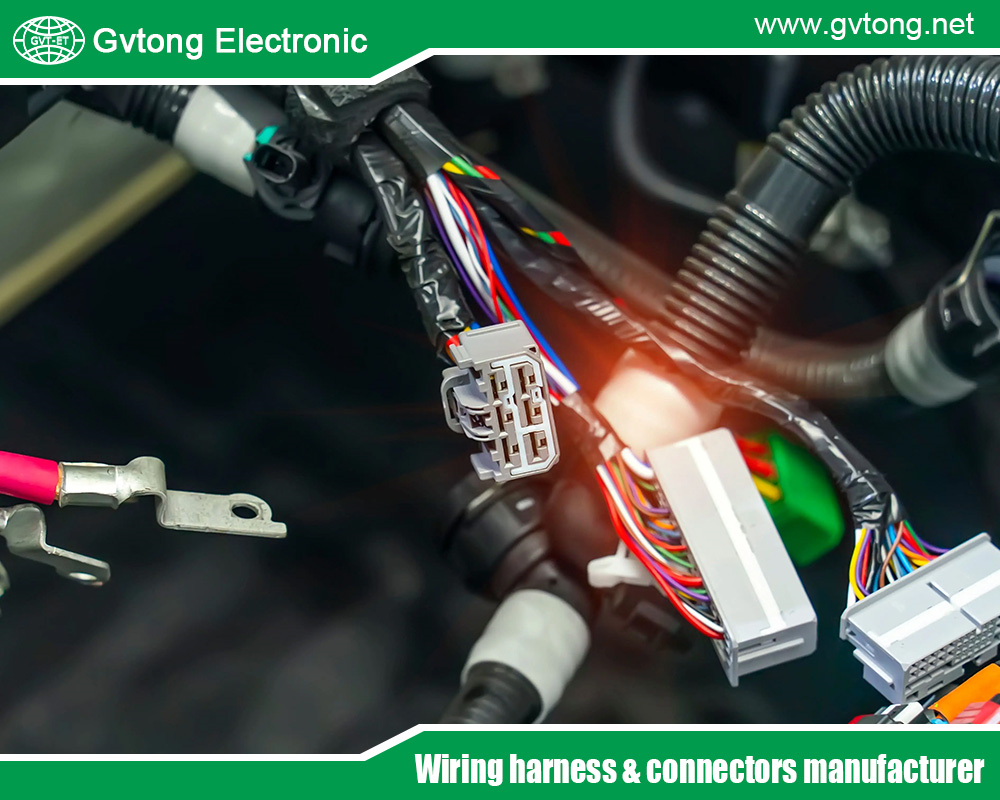
Understanding Automotive Hybrid Connectors: The Fundamentals
Before delving into their advantages, it’s crucial to define what hybrid connectors are. At their core, hybrid connectors combine different types of contacts within one housing: power pins for high-voltage/current applications, signal pins for low-voltage data, and sometimes even fiber optic or coaxial elements for high-speed communication. This multifunctionality distinguishes them from standard connectors, which are typically dedicated to a single purpose.
Types of hybrid connectors vary based on application. For instance, power-signal hybrids are common in engine control units (ECUs), while data-power hybrids are used in infotainment systems. Materials like high-performance thermoplastics, aluminum alloys, and gold-plated contacts ensure durability against automotive stressors such as vibration, temperature extremes (-40°C to 150°C), and moisture. Standards like USCAR and ISO govern their design to guarantee compatibility and safety.
In automotive contexts, hybrid connectors are integral to zonal architectures, where the vehicle’s electrical system is divided into zones for better management. This reduces the complexity of the electronic/electrical (E/E) architecture, space, weight, and cost. For heavy-duty vehicles, they substantially cut down the number of individual connectors needed, simplifying manufacturing and maintenance. Their modular design allows for customization, making them versatile for everything from passenger cars to commercial trucks.
The evolution of hybrid connectors parallels the automotive industry’s push toward electrification. In hybrids and EVs, they handle high-voltage power alongside low-voltage signals for battery monitoring and charging systems. This integration not only saves space but also enhances system efficiency by minimizing energy losses at connection points.
Core Advantage 1: Space Savings and Compact Design
One of the most prominent advantages of hybrid connectors is their ability to save space in increasingly crowded vehicle interiors and under-hood areas. Traditional setups require separate connectors for power, signals, and data, leading to sprawling wiring harnesses that occupy valuable real estate. Hybrid connectors consolidate these into a single unit, reducing the physical footprint by up to 50% in some applications.
This compactness is particularly beneficial in modern vehicles with limited space, such as compact EVs or autonomous prototypes packed with sensors and cameras. By integrating multiple functions, hybrid connectors eliminate the need for multiple mating pairs, streamlining cable routing and assembly lines. For example, in zonal architectures, fewer connectors mean shorter wire lengths, further optimizing space.
Beyond mere size reduction, this advantage translates to improved vehicle design flexibility. Designers can allocate more room for batteries, motors, or passenger comfort features. In heavy-duty transportation, hybrid connectors are smaller and more lightweight than traditional ones, easing installation and reducing strain on mounting points. Miniaturized versions also contribute to better aerodynamics by allowing sleeker body designs, which can enhance fuel efficiency in internal combustion engine (ICE) vehicles and range in EVs. Real-world examples abound: In Tesla’s Model 3, hybrid connectors in the wiring harness help maintain a minimalist interior while supporting advanced autopilot features. Similarly, in commercial trucks, they enable tighter packaging of electronic modules, improving overall vehicle ergonomics.
Core Advantage 2: Weight Reduction for Enhanced Efficiency
Weight is a critical factor in automotive performance, affecting fuel economy, handling, and emissions. Hybrid connectors excel here by using lightweight materials and reducing the overall component count. Traditional connectors often rely on heavy metal housings and multiple units, adding unnecessary mass to the vehicle.
By contrast, hybrid designs incorporate advanced polymers and alloys, cutting weight without compromising strength. This can result in a 20-30% reduction in wiring harness mass, which cumulatively impacts the vehicle’s power-to-weight ratio. For EVs, where every kilogram affects battery range, this is invaluable. Lighter connectors mean less energy required for propulsion, extending driving range and reducing charging frequency.
In performance-oriented vehicles, weight savings from hybrid connectors contribute to better acceleration and braking. They also lower the center of gravity by allowing more efficient wire placement. Industry reports highlight how these connectors provide space savings, weight reduction, and improved aerodynamics, directly boosting vehicle efficiency. Moreover, in fleet operations, reduced weight translates to lower fuel costs and emissions compliance. For instance, hybrid connectors in electric buses help offset the weight of large battery packs, making public transport more sustainable.
Core Advantage 3: Cost Efficiency Through Simplified Manufacturing
Cost savings are a compelling advantage of hybrid connectors, achieved through reduced material use, simplified assembly, and lower maintenance needs. By consolidating functions, manufacturers cut down on the number of parts, which streamlines procurement and inventory management. Fewer connectors mean fewer assembly steps, reducing labor costs and production time.
In high-volume automotive manufacturing, this efficiency can shave significant percentages off the bill of materials (BOM). Hybrid connectors also minimize wiring errors during assembly, as there’s less complexity in routing. Their modular nature allows for standardization across models, further driving down costs.
Long-term savings come from enhanced durability, which reduces warranty claims and repairs. In EVs, where downtime is costly, reliable hybrid connectors ensure uninterrupted operation. Analyses show that hybrid connectivity solutions reduce E/E architecture complexity, space, weight, and cost, making them a smart investment. For heavy equipment, they substantially reduce the number of connectors, cutting installation expenses. A case in point: Automotive suppliers like Aptiv report that hybrid connectors optimize wiring harness installation, leading to cost-effective vehicle builds. This advantage is especially pronounced in emerging markets, where cost sensitivity is high.
Core Advantage 4: Superior Reliability and Durability
Reliability is non-negotiable in automotive applications, where failures can lead to safety issues or breakdowns. Hybrid connectors offer enhanced reliability by integrating seals, locking mechanisms, and vibration-resistant designs. Their single-unit construction reduces points of failure compared to multiple traditional connectors.
Built to withstand harsh environments, they feature IP67/IP69K ratings for water and dust resistance, corrosion-proof coatings, and high-temperature tolerance. This ensures consistent performance in engine bays, undercarriages, or exposed areas. In automated systems, they provide flexibility in cabling, maintaining signal integrity even under stress. For EVs and hybrids, hybrid connectors enhance safety by securely handling high voltages alongside sensitive data signals, preventing shorts or interference. They support reliable power, data, and signal flow, crucial for systems like ADAS and infotainment. Testing under standards like LV214 confirms their robustness against vibrations and thermal cycling.
In practice, this reliability reduces vehicle recalls and extends service life, providing peace of mind for drivers.
Core Advantage 5: Flexibility and Modularity for Future-Proofing
Hybrid connectors shine in their flexibility, allowing easy upgrades and adaptations. Their modular design supports quick reconfiguration, ideal for evolving technologies like 5G connectivity or over-the-air updates. This modularity facilitates fast assembly and disassembly, beneficial for prototyping and aftermarket modifications.
In complex systems, they offer a compact, cost-effective, and reliable solution, especially for those requiring modularity. For automated vehicles, they enable scalable wiring, accommodating additional sensors or modules without redesigns.
This advantage positions hybrid connectors as future-proof, ready for advancements in vehicle-to-everything (V2X) communication and AI-driven features.
Applications in Automotive: From EVs to Autonomous Vehicles
Automotive hybrid connectors are pivotal in EVs for battery management and charging, enhancing efficiency and safety. In hybrids, they integrate ICE and electric systems seamlessly. For autonomous vehicles, they support sensor fusion, ensuring real-time data transmission.
In infotainment, they combine audio, video, and power in one connector, improving user experience. Heavy-duty applications benefit from their robustness in trucks and buses.
Comparison with Traditional Connectors
Compared to traditional ones, hybrids offer multifunctionality, reducing complexity and costs. While traditional connectors are simpler, hybrids provide superior integration for modern needs.
Future Trends in Hybrid Connector Technology
Looking ahead, trends include smarter connectors with embedded diagnostics, higher data rates for 6G, and sustainable materials. Integration with wireless tech may complement them, but hybrids will remain core for high-power applications.
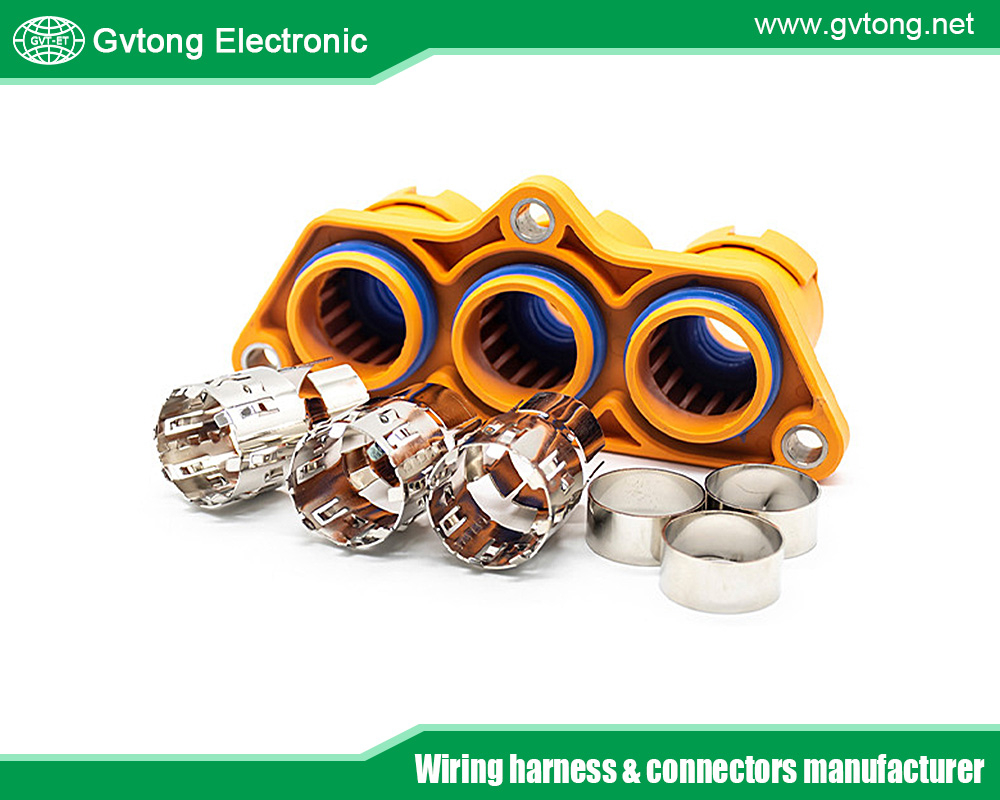
Conclusion
Automotive hybrid connectors reveal core advantages that transform vehicle design: space and weight savings, cost efficiency, reliability, flexibility, and more. As the industry electrifies and connects, embracing these connectors ensures competitive, sustainable mobility. By leveraging their strengths, stakeholders can drive innovation and efficiency forward.
For more about revealing the core advantages of automotive hybrid connectors, you can pay a visit to Gvtong at https://www.gvtong.net/ for more info.
Recent Posts
How to Diagnose and Repair Automotive Signal Connector Failures
How to Install and Maintain Low Pressure Automotive Connectors
Heat Shrink vs. Crimp: Choosing the Right 12V Car Wire Connector
Best 12V Automotive Wire Connectors for Reliable Electrical Connections
Tags
Recommended Products
-
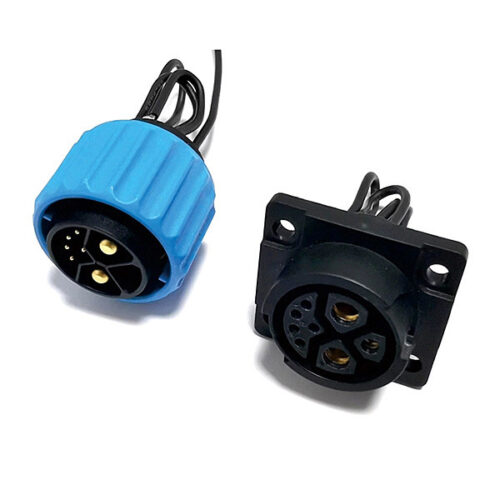
Combined power connector (2+1+5)
-

GH280 Series-2-core plastic high voltage connector
-
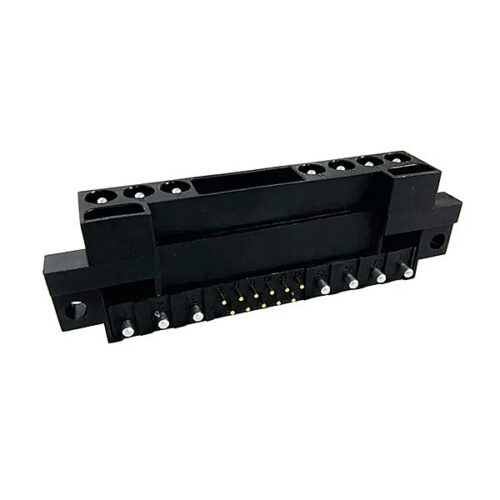
18-core power connector
-
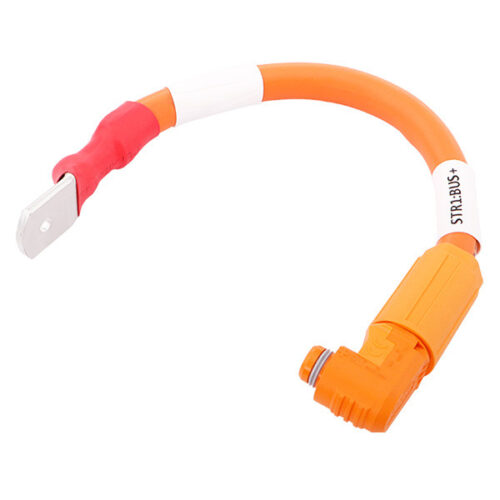
Energy storage wiring harness
-
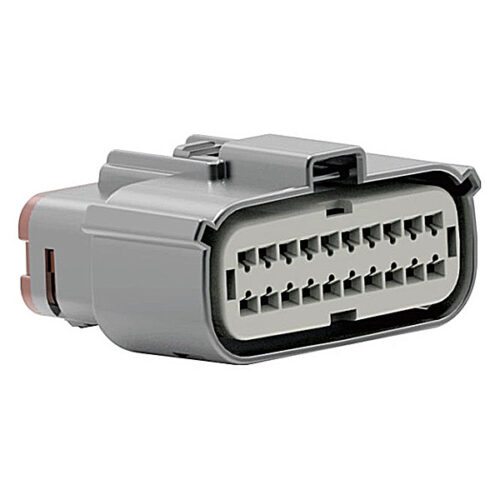
Low voltage connector-20PIN socket + plug
-
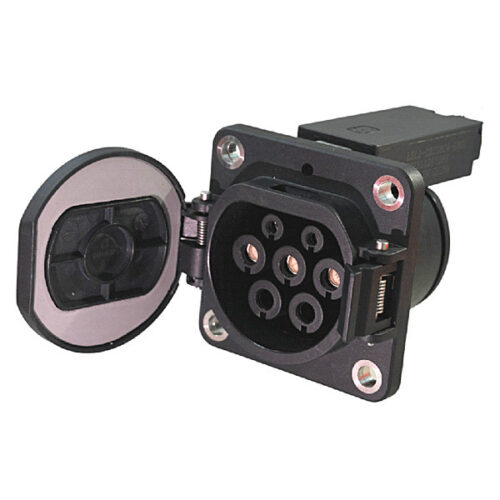
Electric Vehicles AC charging socket, New Energy Vehicles AC Socket Type 1 EV Charging Adapter
-
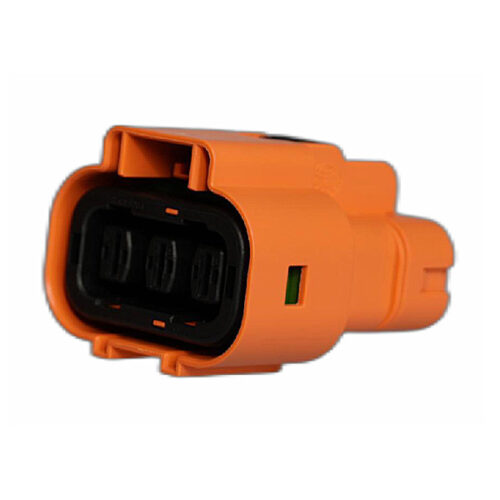
H630 Series-3-core plastic high voltage connector
-
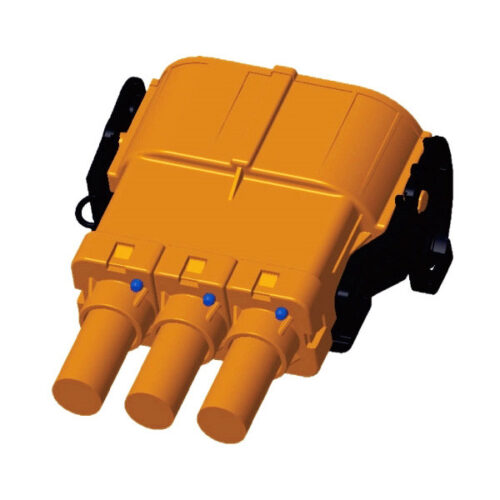
High voltage connector-GH800 series-3 core
